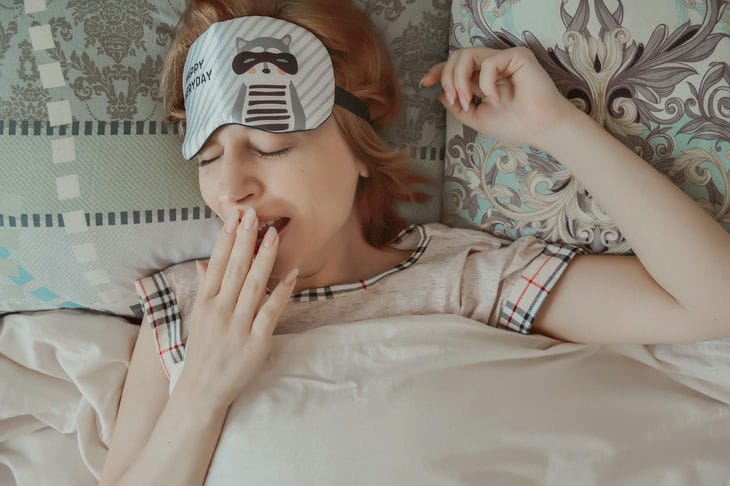Lack of sleep and poor quality sleep have a negative impact on health and overall well-being.
Many people wonder when they should go to bed to feel rested and energized.
The answer to this question depends on many factors, including biological rhythms and the individual needs of the body.
Biological rhythms and sleep time
Our bodies operate according to circadian rhythms, internal biological clocks that regulate sleep and wakefulness.
Scientific research shows that the best time to sleep is around 10:00-11:00 pm, when levels of melatonin, the sleep hormone, reach their peak.

Going to bed at this time allows a person to receive the greatest benefit from sleep, which promotes the restoration and regeneration of the body.
Individual sleep needs
Individual sleep needs vary. Adults need between 7 and 9 hours of sleep to feel alert and healthy.
To determine the optimal time to go to bed, you should take into account the time you wake up.
For example, if you plan to get up at 6 am, you need to go to bed no later than 10:00-11:00 pm. Regular adherence to this regimen helps improve the quality of sleep and overall well-being.
The Impact of Evening Habits
Evening habits significantly affect the quality of sleep. Using electronic devices before bed negatively affects the production of melatonin, delaying the onset of sleep.
Avoiding bright light and screens an hour before bed can help you fall asleep faster and improve the quality of your sleep.
Relaxation techniques such as meditation and reading books help prepare the body for rest.
Nutrition and sleep
Nutrition also plays a big role in sleep quality. Eating heavy food before bed can cause discomfort and disrupt the process of falling asleep.
It is recommended to have dinner no later than 2-3 hours before bedtime. Light snacks such as bananas or nuts containing magnesium and tryptophan help improve the quality of sleep.
Physical activity and sleep patterns
Physical activity can help improve the quality of sleep, but intense exercise before bed can make you agitated and make it difficult to fall asleep.
The best time for exercise is in the morning and afternoon. Light stretching or yoga in the evening will help you relax and prepare for sleep.
Stress management
Stress is one of the main enemies of quality sleep. Constant worry and tension lead to difficulty falling asleep and shallow sleep.
Stress management techniques such as meditation, deep breathing, and progressive muscle relaxation can help reduce stress levels and improve sleep quality.
Optimal conditions for sleep
Creating favorable conditions for sleep plays an important role in its quality. The temperature in the bedroom should be cool and comfortable, about 18-20 degrees Celsius.
Silence and darkness also contribute to better sleep. Using thick curtains and earplugs helps create the ideal environment for rest.
Regularity of sleep patterns
Regular sleep patterns are important for maintaining circadian rhythms.
Going to bed and waking up at the same time every day, including weekends, helps stabilize your body clock. This makes it easier to fall asleep and wake up, as well as improve the overall quality of your sleep.
Earlier, the cosmonaut said why non-alcoholic beer cannot be consumed on the ISS.








